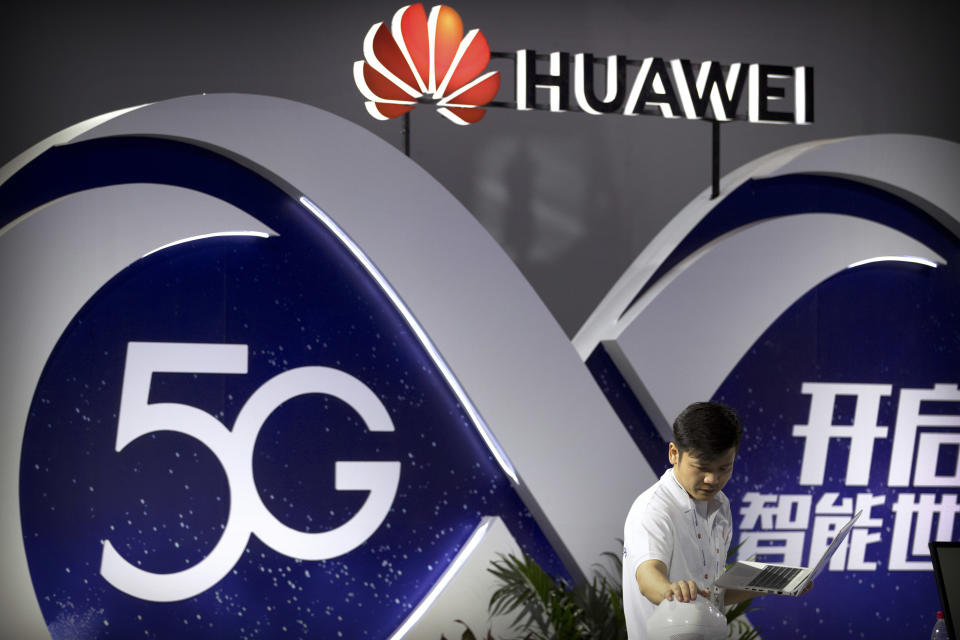US Senators push Canada to exclude Huawei from its 5G strategy
They're convinced the country is opening itself to a security risk.
American politicians aren't just nervous about having Huawei devices on their networks... they're worried about neighboring countries, too. Senators Mark Warner and Marco Rubio have sent a letter to Canadian Prime Minister Justin Trudeau asking him to "reconsider" Huawei's involvement in any of the country's 5G plans. There's "ample evidence" to suggest that no large Chinese company is completely free of government control, Warner and Rubio claim, and that could lead to Huawei spying on the intelligence operations of both Canada and its Five Eyes allies (Australia, New Zealand, the UK and the US).
To back their case, the senators pointed to Australia's ban on Huawei's 5G technology as well a UK analysis of weaknesses in Huawei's engineering methods. That last study mainly drew attention to outdated software, however, rather than indicating suspicious activity.
Warner and Rubio also suggested there might be an economic problem if Canada stuck to Huawei. As American and Canadian wireless carriers often share similar equipment, throwing Huawei into Canada's portion might "seriously jeopardize" this harmony and make it difficult to quickly roll out 5G networks.

The Canadian government hasn't formally responded to the letter, but it's not likely to bow easily to the pressure. The head of the country's Center for Cyber Security, Scott Jones, told a parliamentary committee that there was no need to ban Huawei because it had a "very advanced relationship" with telecoms and was committed to "broader resilience" against security issues. We'd add that there simply isn't a stigma against Huawei like there is in the US -- you can walk into a store and buy a P20 Pro from most major carriers without any hassle. American politicians may have to do more than voice non-specific concerns if they expect Canada to be similarly cautious.

 Yahoo Finance
Yahoo Finance 
